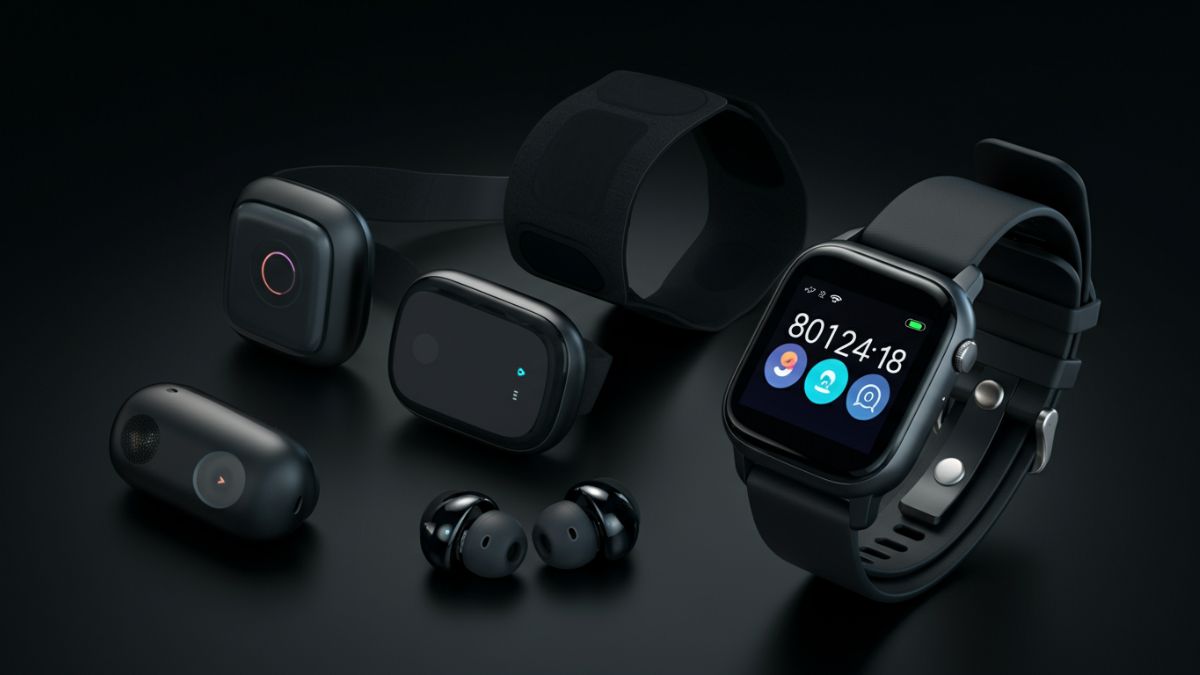From wearables to AI: Digital innovations bridging gaps in neurological care

In an era where neurological disorders are on the rise, digital technologies are ushering in a quiet revolution. From AI-powered cognitive assessments to wearable EEG monitors and gamified brain-training apps, neuro-care is experiencing a paradigm shift, say experts.
Here are some of the ways in which technology can bridge critical gaps in neurological care, which assumes significance. Especially in the areas of early detection and long-term monitoring.
Devices like smartwatches, headbands, and even earbuds are now capable of tracking brain activity through EEG (electroencephalogram) sensors. These can detect anomalies in real time—be it a seizure warning, cognitive decline, or brain fatigue.
For patients with epilepsy, wearable seizure detectors can improve response time. "The variable size detectors for patients with epilepsy are being used, but not so commonly in India. They do improve some response time, but then it depends on where they are and how easily they can get medical help," says Dr Sudheer Ambekar, neurologist practicing at Mumbai's Jaslok Hospital.
However, in cases of early-onset Alzheimer’s, wearable EEGs are not helping clinicians monitor brain wave patterns remotely and adjust interventions proactively, as they do not provide accurate results. "In cases of Alzheimer's, EEGs are not helping. The EEG is not much help in detecting anything. So, there are hardly any variable EEG devices that are being used in clinical practice nowadays," adds Dr Ambekar.
In terms of cognitive assessments, AI is smarter, faster, and more accessible, according to experts. AI-based platforms like CogniFit, Neurotrack, and Altoida use machine learning algorithms to analyze a person’s speech, eye movement, or touchscreen interactions to detect neurological red flags within minutes. These tools are increasingly being used by neurologists to screen for dementia, Parkinson’s, ADHD, and even brain fog post-COVID. Agrees Dr Ambekar. "Yes, AI platforms are being used, but not so frequently. They need adaptation to the Indian language and lifestyle. Hopefully, in the future they'll be of use to us."
Importantly, these AI tools offer the potential to examine patients who are far away from where the doctor is via a smartphone or tablet. This is a major leap for a nation where the neurologist-patient ratios remain critically low.
Brain-training apps like Lumosity, Peak, and Elevate are being integrated into rehabilitation for stroke survivors and patients with mild cognitive impairment. Designed to stimulate memory, attention, flexibility, and reasoning, these digital interventions are showing promising results, especially when used alongside conventional therapy.
In India, researchers are developing culturally contextualized brain-exercise apps tailored for older adults.
When it comes to brain health, early is everything. And thanks to tech, early is finally possible.
Health